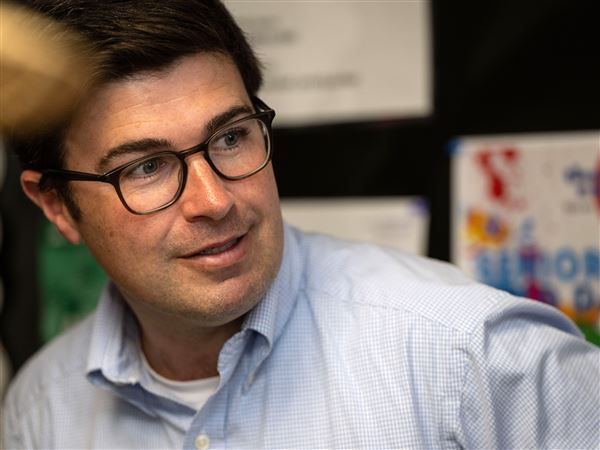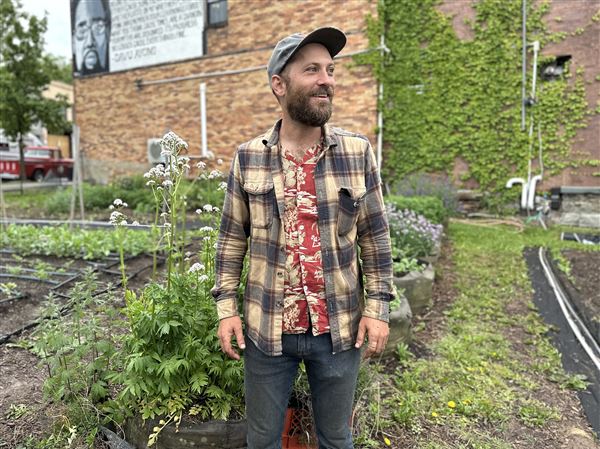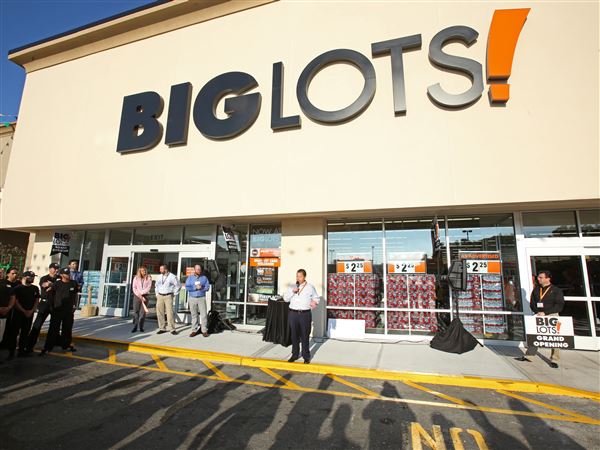Steven Petrow, a columnist for The Washington Post, had an interesting take last week on what it means to be in his late 50s, seeking to remain energetic and positive at the same time a number of peers seem to wallow in slowing down.
The column was headlined “I’m an energetic baby boomer. Why do so many people of my age seem old?” He quotes medical/professorial/author types about about the benefits of positivism, including the likelihood it will help you live longer. It’s worth a read — not necessarily just by men like me in that age group, but maybe even moreso for that demographic
Meanwhile, a survey of the medical profession’s experiences and attitudes toward end-of-life discussions with patients came out last week. It serves as a good companion piece to Aging Edge’s own Q-and-A with Nancy Zionts in which she advocates for families to have such discussions with one another, not just doctors, during a period before any crisis is at hand.
Kaiser Health News has a report on the survey, which found fewer than one-third of doctors reported having any kind of formal training in how to handle advance care planning discussions with patients and families. Since Jan. 1 doctors have been able to bill Medicare for such discussions, but the vast majority have yet to hold conversations where they filed for the reimbursements.
Gary Rotstein: grotstein@post-gazette.com or 412-263-1255.
First Published: April 19, 2016, 4:00 a.m.















